It Comes Down to Knowing Who You Want to Be
Last week I wrote about the importance of spending time wisely. I shared how I was working to clear the fog to determine what things I should focus on. What should I do and not do? So, like budgeting money I decided to work on a plan for budgeting my time…enter the spread sheet.

Like money, we can choose what to spend our time on.
The difference is that with money there’s the possibility to make more, not with time. This makes spending time wisely, even more critical.
So, what did I find out about budgeting time using a spreadsheet?
What I’ve found so far is that I’ve overspent my time budget by 175 hours (2%) and I still haven’t got everything entered. It is making it very clear that I can’t do everything that I want.
This spreadsheet is allowing me to look at the big picture and see where I can move things around and/or remove things completely to fit into the limited time available.
I listened to a podcast recently that pointed out how important time is due to kids doing school at home and people working remotely. This got me to thinking about how I’ve never really separated my work and personal time. My time is all just…my life.

I think this is because growing up on a farm there wasn’t a ‘clock punching’ separation of time. In addition to that, I’ve spent most of my life self-employed which is the same. I may be doing family, community or church things throughout the day or, I may be doing work things late in the evening or on weekends.
Using the spreadsheet, it is allowing me to see the amount of time being spent rather than the specific time of the day or night. It allows me to be better at living a well-balanced life.
Ultimately the spending of our time comes down to a personal choice.
It’s all about who we want to be.
We can spend our time where we want. So…to that point…today I want to spend my time with my family having a movie marathon weekend.
That’s who I want to be.




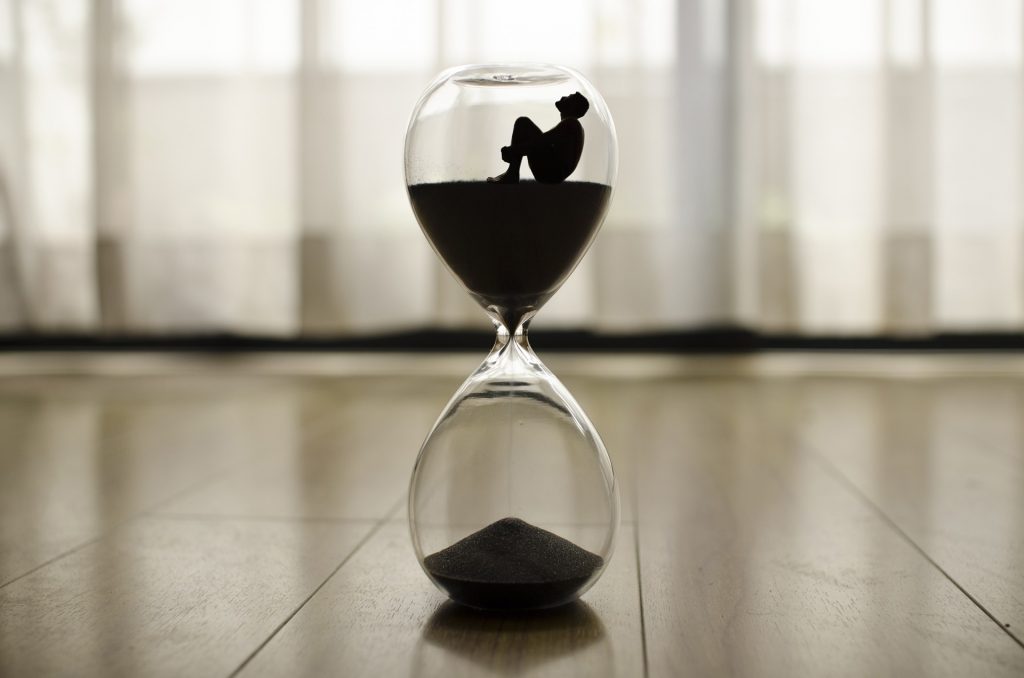


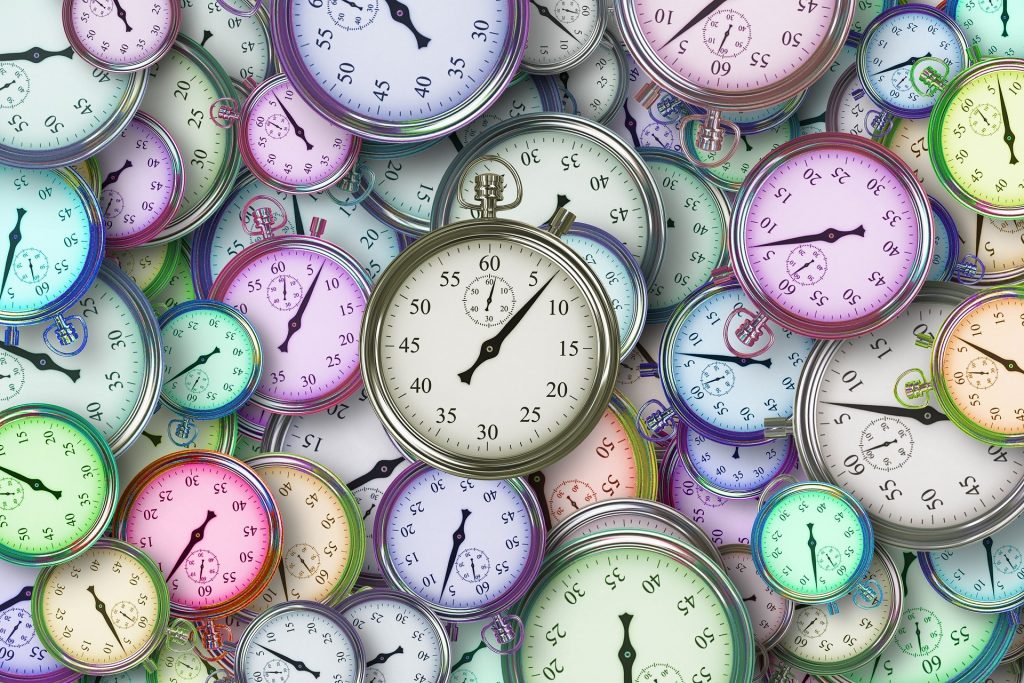

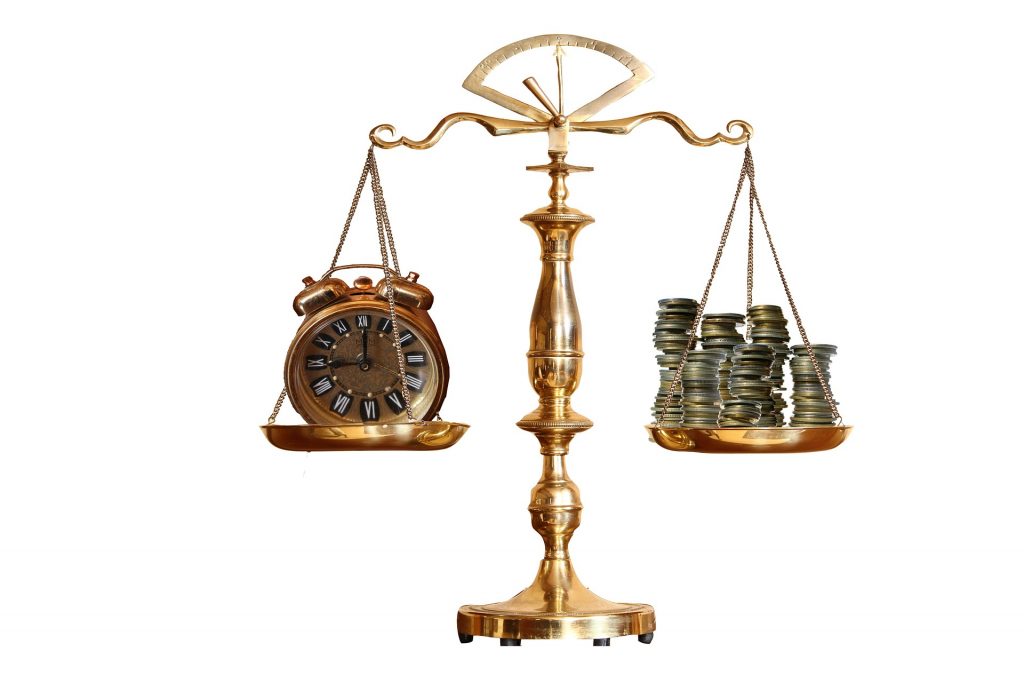









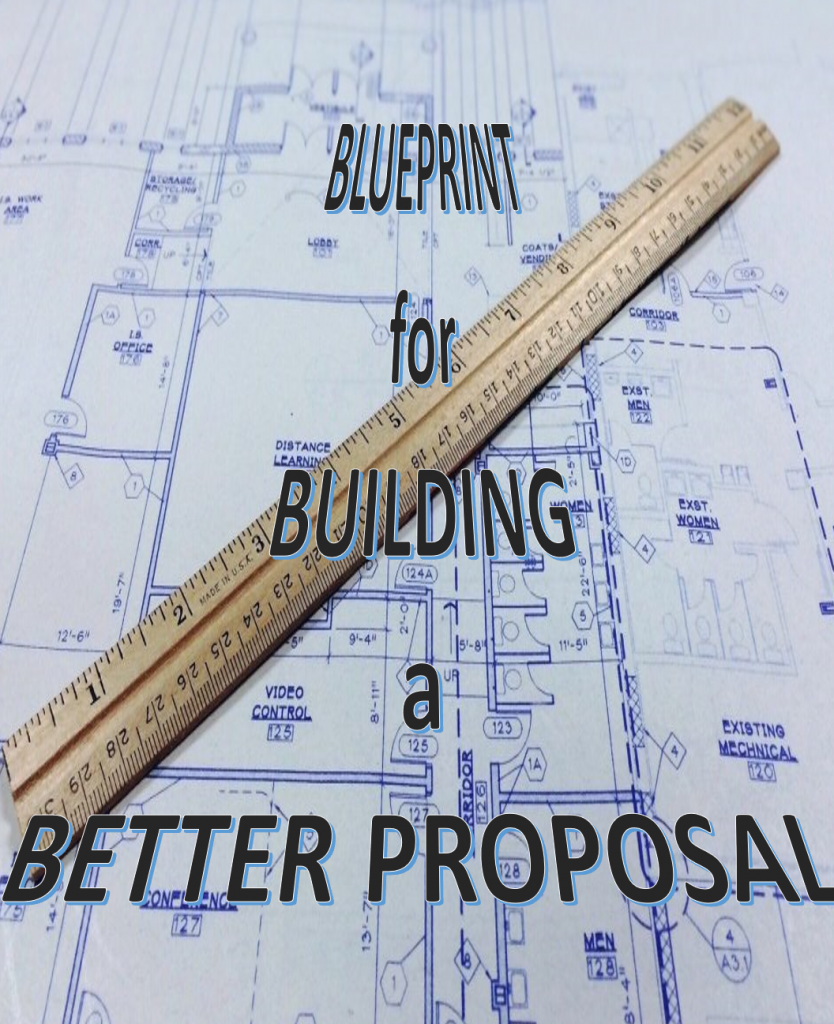



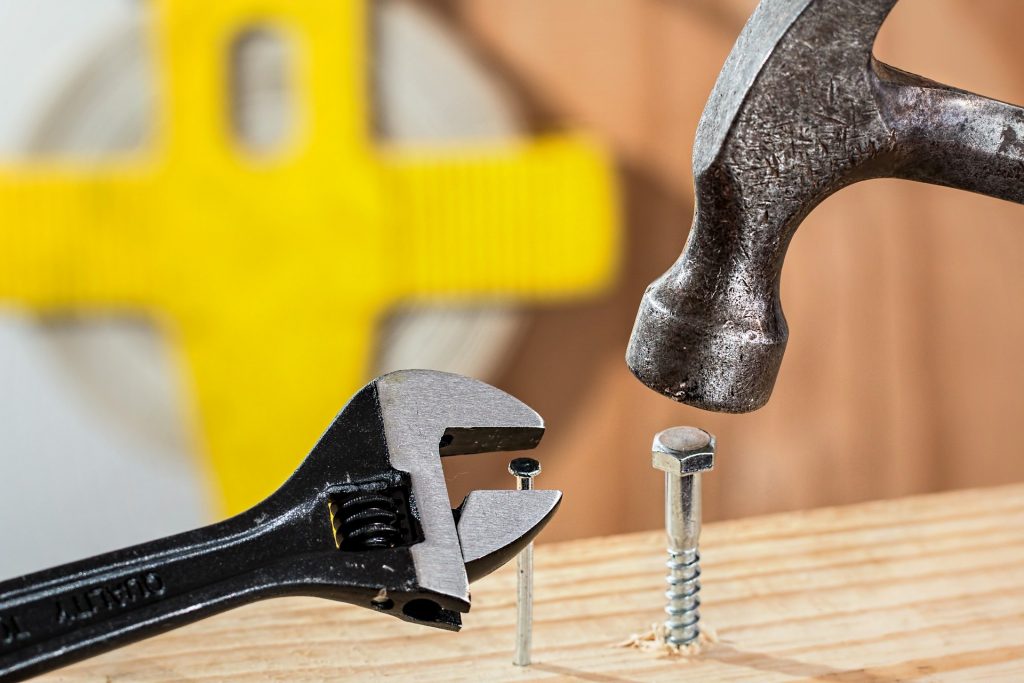
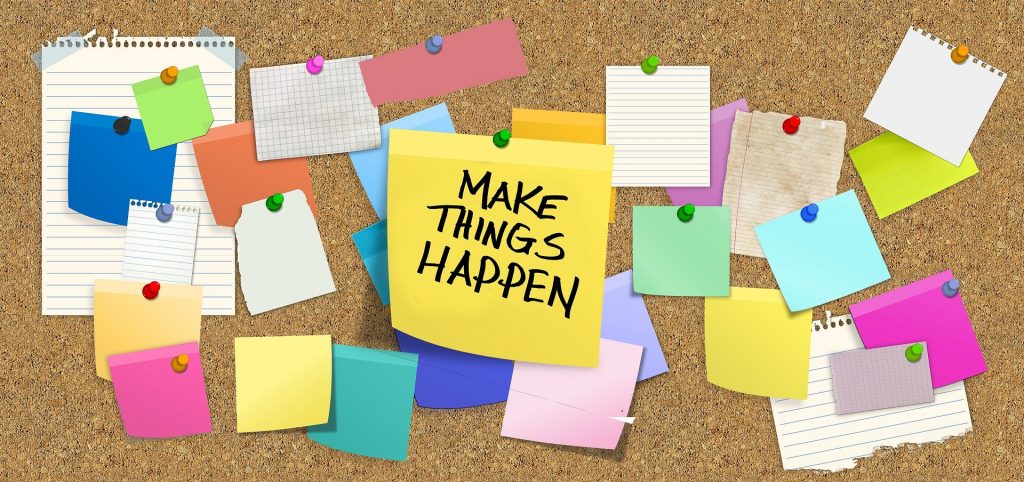



 One boat began falling behind. Not enough fuel. There had been plenty of coal for the trip, but not enough for a race. As the boat dropped back, an enterprising young sailor took some of the ship’s cargo and tossed it into the ovens. When the sailors saw that the supplies burned as well as the coal, they fueled their boat with the material they had been assigned to transport. They ended up winning the race but burned their cargo. Their cargo was gone, and they couldn’t get it back.
One boat began falling behind. Not enough fuel. There had been plenty of coal for the trip, but not enough for a race. As the boat dropped back, an enterprising young sailor took some of the ship’s cargo and tossed it into the ovens. When the sailors saw that the supplies burned as well as the coal, they fueled their boat with the material they had been assigned to transport. They ended up winning the race but burned their cargo. Their cargo was gone, and they couldn’t get it back.
 Time is a commodity that can only be spent. You can’t add to it, only subtract.
Time is a commodity that can only be spent. You can’t add to it, only subtract.
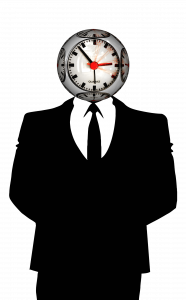

 We can’t imagine our little snowball having any effect on that big hairy time monster. At first it doesn’t appear that it does, but if we keep after it, it will. Those little wins add up. Being able to see each of these little wins give us an opportunity to celebrate. The more celebrating, the more winning, the more winning, the more celebrating.
We can’t imagine our little snowball having any effect on that big hairy time monster. At first it doesn’t appear that it does, but if we keep after it, it will. Those little wins add up. Being able to see each of these little wins give us an opportunity to celebrate. The more celebrating, the more winning, the more winning, the more celebrating.

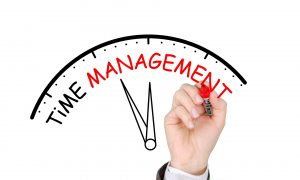 Scheduling and planning accurately are a difficult (practically impossible) thing to get right. This includes not keeping appointments with ourselves. I don’t know about you, but I’m much more intentional about being on time to a meeting with someone else…not so much when I’m meeting with me.
Scheduling and planning accurately are a difficult (practically impossible) thing to get right. This includes not keeping appointments with ourselves. I don’t know about you, but I’m much more intentional about being on time to a meeting with someone else…not so much when I’m meeting with me. Things take longer than planned – We have all experienced things taking twice as long, or more, to do than we expected. This is called the
Things take longer than planned – We have all experienced things taking twice as long, or more, to do than we expected. This is called the 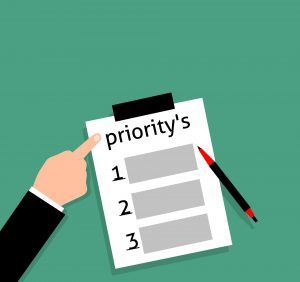 Too many things on the list – This is another common problem. Most of us have said yes to too many things. There are so many good things that we need or want to do. The more things we think about the harder it is to focus on one thing. This, like the previous point, pushes us harder to get the things on the list done, even though we know we won’t be able to do them all. Having too many things on the list leads me to the next cause for schedules to go wrong.
Too many things on the list – This is another common problem. Most of us have said yes to too many things. There are so many good things that we need or want to do. The more things we think about the harder it is to focus on one thing. This, like the previous point, pushes us harder to get the things on the list done, even though we know we won’t be able to do them all. Having too many things on the list leads me to the next cause for schedules to go wrong. Distractions and interruptions – Our busy lives are full of these, whether self-inflicted or from outside sources. In this fast-paced digital age, there has never been more opportunities to be distracted. The previous two things are more internal than this one. It doesn’t mean that we don’t have any control, it just means that it often comes from outside sources. These can play havoc on our schedules if we allow them.
Distractions and interruptions – Our busy lives are full of these, whether self-inflicted or from outside sources. In this fast-paced digital age, there has never been more opportunities to be distracted. The previous two things are more internal than this one. It doesn’t mean that we don’t have any control, it just means that it often comes from outside sources. These can play havoc on our schedules if we allow them.
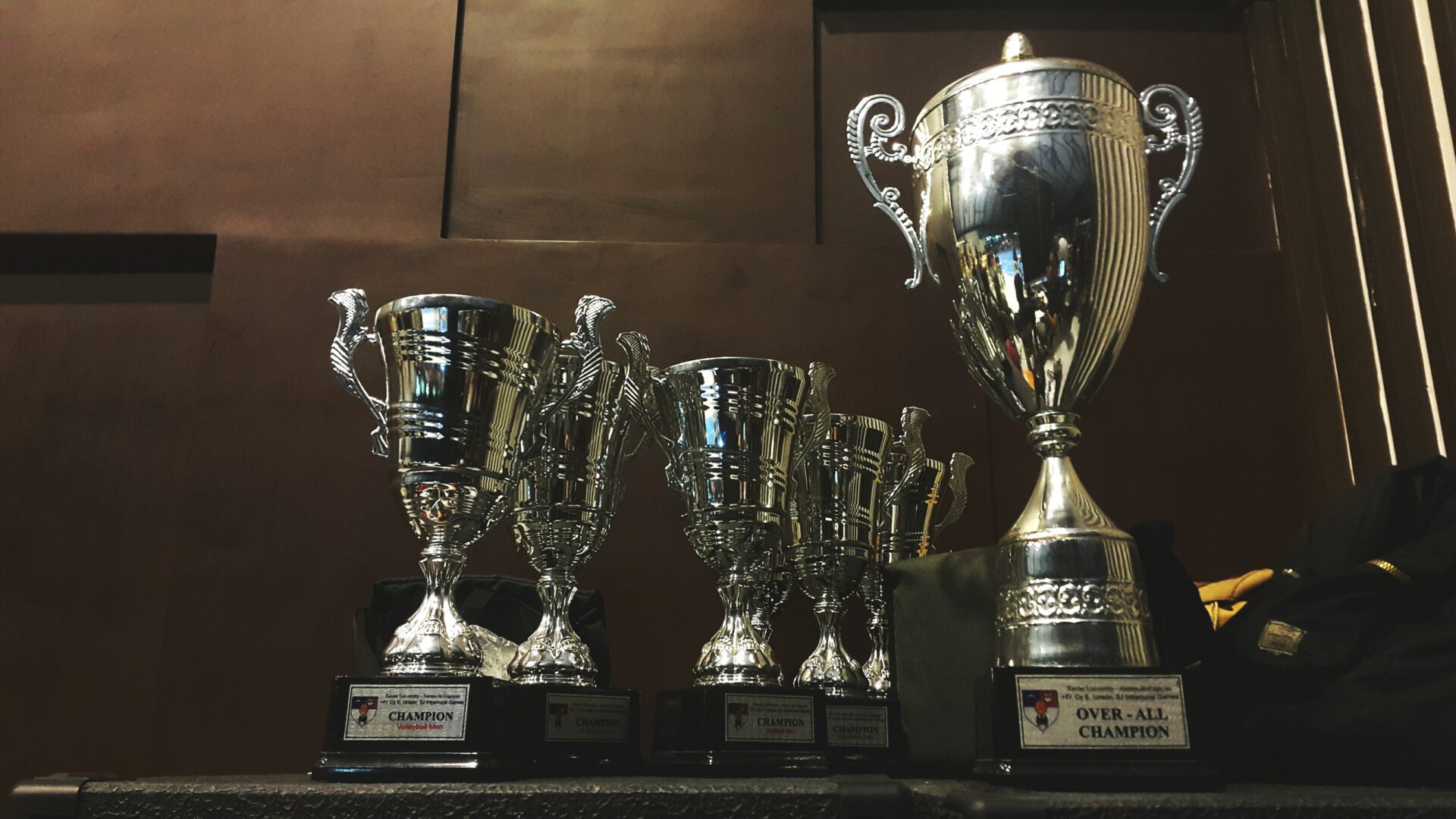
 Make time – Time is the hardest thing to give. There never seems to be enough. There are so many things…really good and important things…we neglect to set aside time for our children. When we get someone’s undivided attention, we feel validated and worthy. This is the one thing that all kids crave. If you want to get inducted into the hall of fame, spend time with your kids.
Make time – Time is the hardest thing to give. There never seems to be enough. There are so many things…really good and important things…we neglect to set aside time for our children. When we get someone’s undivided attention, we feel validated and worthy. This is the one thing that all kids crave. If you want to get inducted into the hall of fame, spend time with your kids.

 Show love – Love can be shown in many ways; the most important thing is that it’s shown. This means more than just saying it. Love is about putting other’s needs ahead of your own. The Bible is full of examples of our Heavenly Father’s love for us.
Show love – Love can be shown in many ways; the most important thing is that it’s shown. This means more than just saying it. Love is about putting other’s needs ahead of your own. The Bible is full of examples of our Heavenly Father’s love for us.